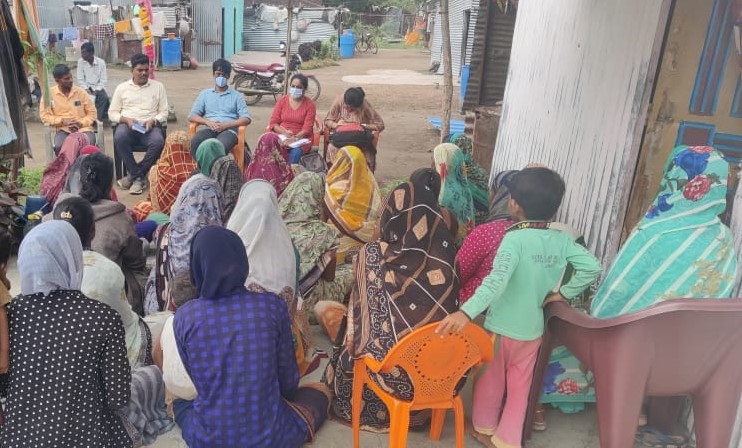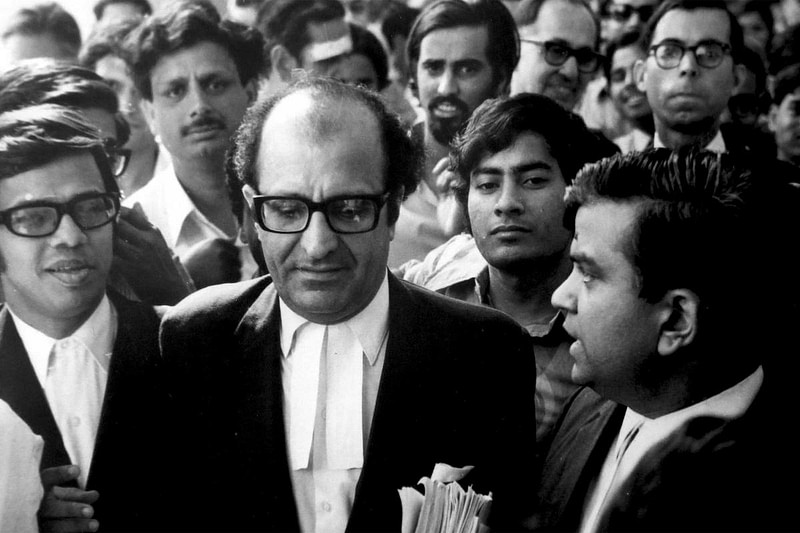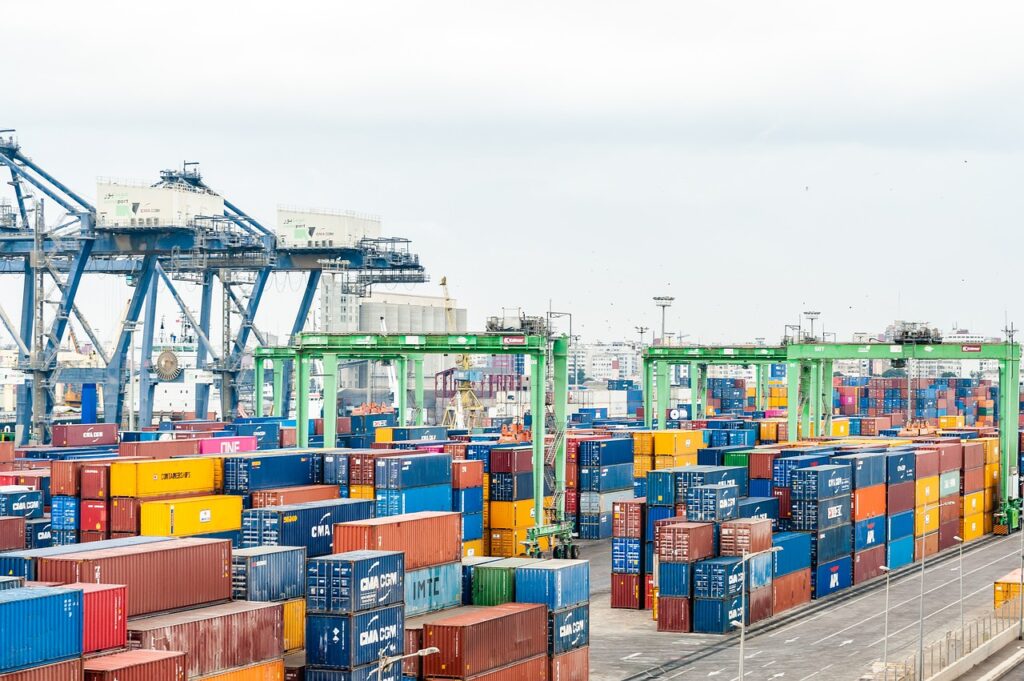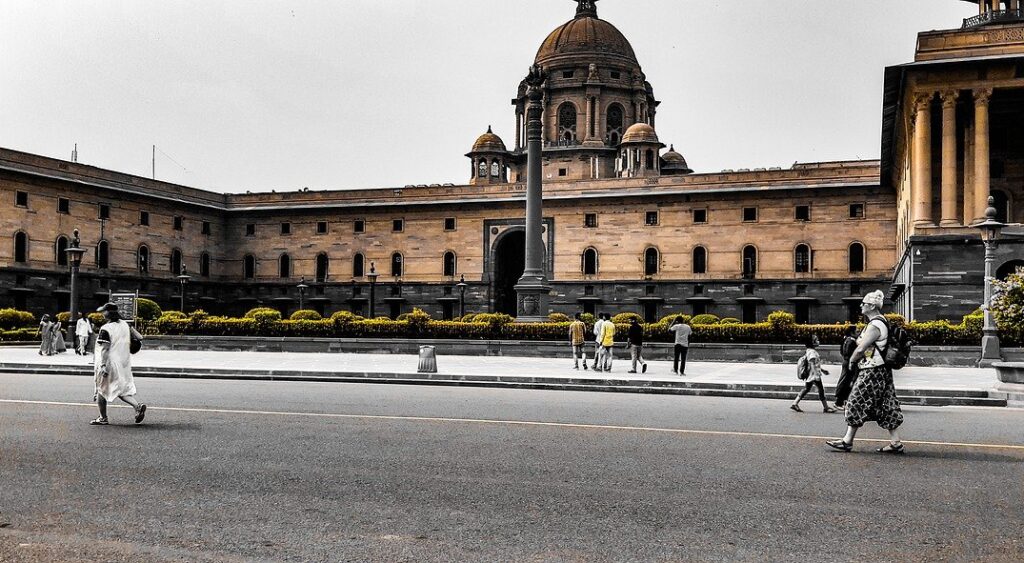Despite several laws that have been enacted to protect the interests of labourers and migrant workers, most of the provisions are hardly implemented. The Interstate Migrant Workmen Act, for instance, was designed to protect migrant workers. But only 309 people have been registered under the law.
Freedom Gazette
In the 1970s, as Prime Minister Indira Gandhi was changing the face of the Constitution, Nani Palkhivala stood for whatever was right, irrespective of the might of the opposition he faced. Today, the ruling party is as strong as it was during Indira Gandhi’s reign. Nani Palkhivala is deeply missed.
The U.S. is the second-largest manufacturer in the world but it is heavily dependent on other countries for imports. Owing to tensions and tariffs, imports from China have fallen sharply in recent years. That provides a huge opportunity for India, provided it can find a delicate balance in its monetary policy.
Questions from MPs are now widely brushed aside by the government. Meanwhile, in recent years, more Bills have been passed without debate, fewer Bills have been referred to parliamentary committees and an increased number of ordinances have been passed in order to sidestep Parliament altogether.
Gaming, including e-sports, stands at the intersection of technology, globalisation, entertainment and business. Its popularity is so widespread that it featured as a medal event in the 2019 Southeast Asian Games, recognised by the International Olympic Committee. Governments have begun to take note.
In many democracies, judges are appointed by the executive, but in India, judges appoint other judges through the collegium system. Both systems have flaws. Allowing the executive to appoint judges can lead to pressure on judges to please the government. The collegium system, however, lacks transparency.
The government has legitimate reasons to be concerned about the threat posed by cryptocurrencies. But a blanket ban on all existing private-sector cryptocurrencies could put several unicorns out of business and lead to a severe brain drain from the country. Instead, the government must find a middle path.
The Summit for Democracy was a product of complex U.S. realpolitik – one which seems to have conflated the goals of subduing China and espousing democracy. But if America truly wants to contain Chinese influence, couching its foreign policy in terms of democracy will prove counterproductive.
While scrub typhus is curable, it is also dangerous if it festers too long. When undetected, its mortality rate is around 13 percent. Owing to poor awareness, and due to the fact that both of them occur during the same seasons, many people mistake scrub typhus for dengue and end up mistreating it.
Buddhism is becoming a front in the rivalry between India and China. To neglect a religious community that has pan-Asian as well as global soft power appeal will be an ill-advised step for India. India must foster a socially and economically mobile Buddhist community through intelligent investment.










